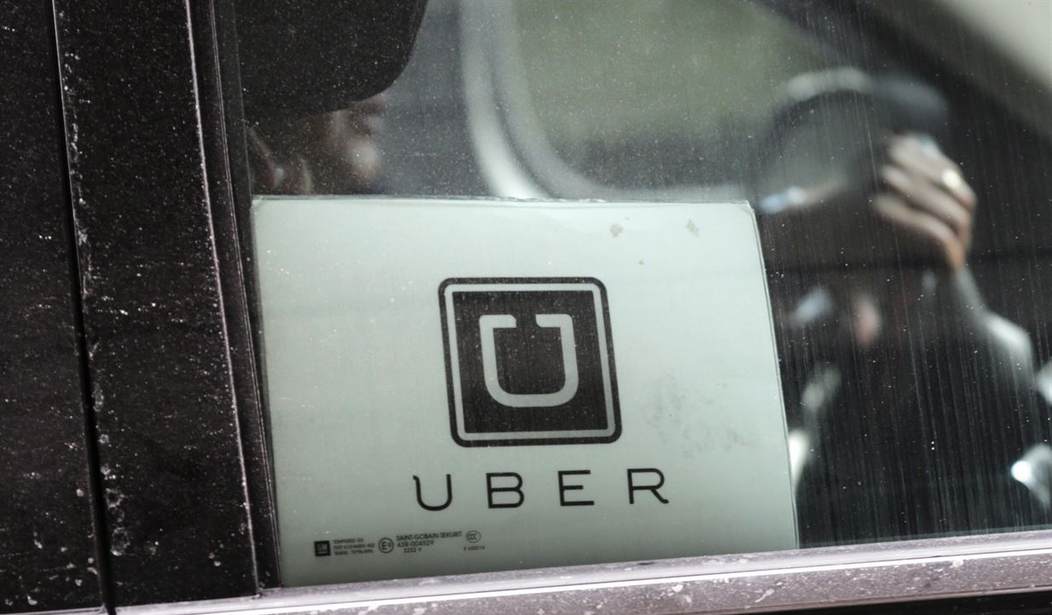When the Minneapolis City Council announced a mandatory minimum wage for rideshare drivers that would have driven both company costs and fares beyond sustainable levels, both Uber and Lyft announced that they would be ending their service in the Twin Cities in July. The City Council backpedaled a bit a week later, but it still wasn't enough to reach a lasting resolution. This weekend, the state stepped in to settle the matter. The Governor, along with the state House and Senate struck a deal on a minimum pay rate for drivers that, while still too high, will accommodate the needs of the companies and toss some extra cash to the drivers. The new state arrangement will override the Minneapolis City Council decree in the process. As with most functional compromises, nobody is coming away happy, but both sides are at least a bit less unhappy than they were. (Star Tribune)
Legislators approved a last-minute deal to set minimum pay standards for Uber and Lyft drivers that will prevent the companies from leaving parts of the state on July 1.
The House and Senate passed the deal Sunday before a midnight deadline, sending it to Gov. Tim Walz's desk.
Uber spokesman Josh Gold said in an email, "While the coming price increases may hurt riders and drivers alike, we will be able to continue to operate across the state under the compromise brokered by the governor."
The agreement supersedes a recent ordinance from the Minneapolis City Council on pay standards and sets minimum rates statewide at $1.28 per mile and 31 cents per minute.
This was a split-the-baby solution to a situation that could have been just as easily resolved by allowing the normal forces of free-market capitalism to play out. If the drivers didn't feel they were being paid enough and no resolution was offered, they could have gone elsewhere. If the riders felt that fares were rising too quickly, they could have gone back to using public transportation or cabs. A balancing point would have been reached without the government bigfooting its way into the dispute.
The Democrats are claiming that Uber is fine with the new agreement, but that assessment seems to be overly optimistic. As indicated in the linked report, an Uber spokesperson eventually said that they would be able to continue service in the region, but he added a caveat about how the changes potentially could "hurt riders and drivers alike." It isn't too difficult to figure out what that means if you've been following these minimum wage wars in multiple states.
The smaller increase in the amount that the rideshare companies will have to pay the drivers can't simply be absorbed. It will have to be passed on to the riders. How much the increase will be isn't known yet, but I doubt anyone will be happy about it. At the same time, we've seen what Uber and Lyft have done when regulatory interference drives up their costs too much. They begin introducing surge pricing and limiting the number of drivers who can sign in on the app during slower traffic periods. It's a simple case of supply and demand.
All of the proposed solutions that failed, along with the one that just passed share one trait in common. They all ignore the results of a study conducted by the state Department of Labor and Industry last year that was commissioned by the Governor. The Democrats claimed they were fighting to ensure that the gig drivers were earning the equivalent of the state minimum wage. However, the study determined that paying the drivers 89 cents per mile and 49 cents per minute would be enough to approximate the minimum wage. Yet the newly approved arrangement will see them being paid considerably more than that.
Earlier this month, Uber was offering a rate of 68 cents per minute, which they described as being expensive but workable. It also wouldn't have driven up rates in a significant fashion. This compromise is not going to achieve that goal. As with most things in American life when the government gets involved, the people who wind up being stuck with the bill are the taxpayers. In this case, they will be covering those costs through higher fees for every ride they summon.








